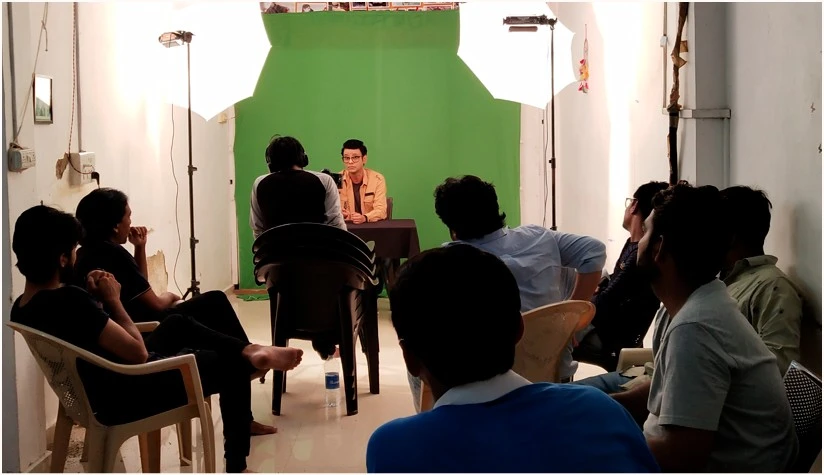Audition for Casting
Whether on stage, in front of a camera, or behind a microphone—you’ve likely heard the term “audition for casting .” But what exactly is it? Why is it such a crucial step in the journey of every actor? Let’s break it down.

The Basics: What is a Audition?
A audition is a performance test where actors showcase their talent in hopes of landing a role in a film, television show, commercial, web series, theatre production, or even a voiceover project. It’s the process where casting directors, producers, and sometimes directors evaluate different performers to determine who best fits a particular character or role.
Think of it like a job interview—but instead of resumes and cover letters, you’re judged on your voice, expression, timing, presence, and emotional range.
The Purpose of a Audition
The goal of an audition is simple: find the right actor for the role. But there’s more to it than just talent. Directors look for someone who:
Fits the character’s look and personality
Can deliver lines naturally and convincingly
Has on-screen or on-stage presence
Brings something unique to the role
It’s not always about being the best actor—it’s about being the right one.
Types of Auditions
Auditions come in different forms depending on the production:
Open Auditions: Anyone can attend. These are often crowded and used for big projects or talent discovery.
Closed Auditions: Only invited or shortlisted actors participate.
Online/Video Auditions (Self-Tapes): Popular today, especially post-pandemic. Actors record and send their auditions digitally.
Callbacks: A second or third round of auditions, usually with fewer actors and more specific direction.
Screen Tests: Is done with Makeup and costume, A filmed audition to test how an actor looks and performs on camera.
Cold Readings: Actors are given a script on the spot, with little time to prepare.
📝 What Happens During a Audition?
Here’s a step-by-step of what a typical casting audition looks like:
You receive a script or scene to prepare.
You arrive at the audition space—physical or virtual—dressed appropriately for the role.
You perform the scene in front of the casting panel.
You might be asked to do a second take with adjustments this shows how well you take direction.
After your performance, you might have a short chat with the panel.
Then… the waiting begins.
💡 Tips for a Great Audition
Prepare thoroughly. Know your lines and understand the character.
Be natural. Don’t overact.
Be professional. Arrive early, be polite, and follow instructions.
Show versatility. Take direction and adjust your performance quickly.
Believe in yourself. Confidence is contagious.
Is Rejection Normal?
Yes. Even seasoned actors face rejection. It’s not always about your talent—it could be your age, look, or just that someone else fit the role slightly better. Each audition is a chance to grow. Use every experience to improve your craft.
A audition is your opportunity to shine, to bring a character to life, and to show the world what you can do.
So, if you ever get called for one, go in with courage, preparation, and passion—and leave your mark
